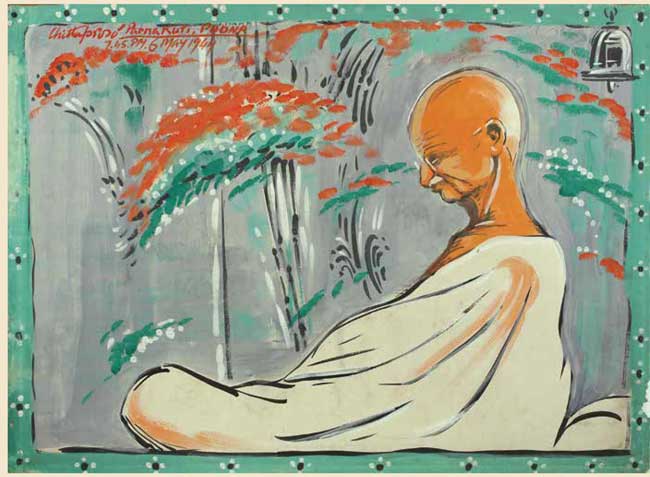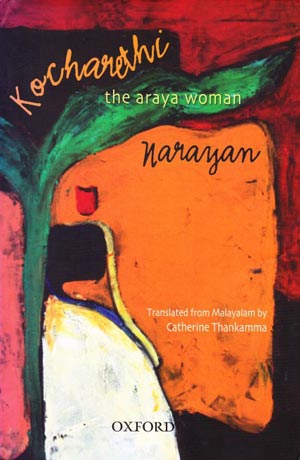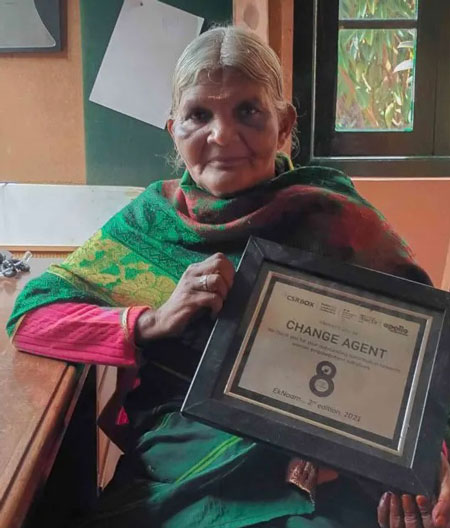Folklore Junction, Thevara, Kochi 682015
The museum is an enticing experience and an interesting glimpse into the yesteryear. […]
Opened in 2009, the museum is home to antique masks, traditional art forms, musical instruments, old costumes, tribal art and jewellery, manuscripts, mural paintings, shadow and string puppets, wooden carvings, bronze and wooden sculptures and traditional measuring instruments — all creations of the unknown, and sometimes forgotten, craftsmen from the past. […]
Source: Recreating Kerala’s rich culture – The Hindu, 12 May 2012
Address : http://www.thehindu.com/todays-paper/tp-national/tp-kerala/recreating-keralas-rich-culture/article3440812.ece
Date Visited: Wed Oct 08 2014 15:25:09 GMT+0200 (CEST)
“We shall first have to give up this hubris of considering tribes backward. Every tribe has a rich and living cultural tradition and we must respect them.” – Vice President M. Venkaiah Naidu on the constitutional obligation to respect the cultural traditions of India’s tribal communities

Gandhian social movement | Constitution | Adverse inclusion >>
“Air is free to all but if it is polluted it harms our health… Next comes water… From now on we must take up the effort to secure water. Councillors are servants of the people and we have a right to question them.” – Mohandas K. Gandhi, Ahmedabad address on 1 January 1918; quoted by his grandson, Gopalkrishna Gandhi, in “On another New Year’s Day: Mahatma Gandhi’s ‘khorak’ a 100 years ago” (The Hindu, 1 January 2018)
“The world has enough for everyone’s need but not for anyone’s greed.” – Mahatma Gandhi quoted by Medha Patkar and Baba Amte (Narmada Bachao Andolan)

by Narayan >>
Literature | Storytelling >>
The slow erosion of cultural identity, the absence of agency for some sections of society, the increasing erasure of various communities from the supposed democratic space of citizenship, the questionable route ‘modernity’ and ‘development’ take, and the effects they have on men and, differently, on women are all woven into Narayan’s novel. Kocharethi calls upon us to ethically engage with it, to question our complicity in the systemic conditions that produce these lives, to reflect on our own reactions to the tale, to our expectations of the form and genre and to unlearn our frames of understanding. | Learn more >>

Learn more
Crafts and visual arts | Fashion and design | Masks
eBooks, eJournals & reports | eLearning
eBook | Background guide for education
Forest dwellers in early India – myths and ecology in historical perspective
Himalayan region: Biodiversity & Water
History | Hunter-gatherers | Indus Valley | Megalithic culture | Rock art
Languages and linguistic heritage
Modernity | Revival of traditions
Tribal Research and Training Institutes with Ethnographic museums
Tips for using interactive maps
Toggle to normal view (from reader view) should the interactive map not be displayed by your tablet, smartphone or pc browser
For details and hyperlinks click on the rectangular button (left on the map’s header)
Scroll and click on one of the markers for information of special interest
Explore India’s tribal cultural heritage with the help of another interactive map >>